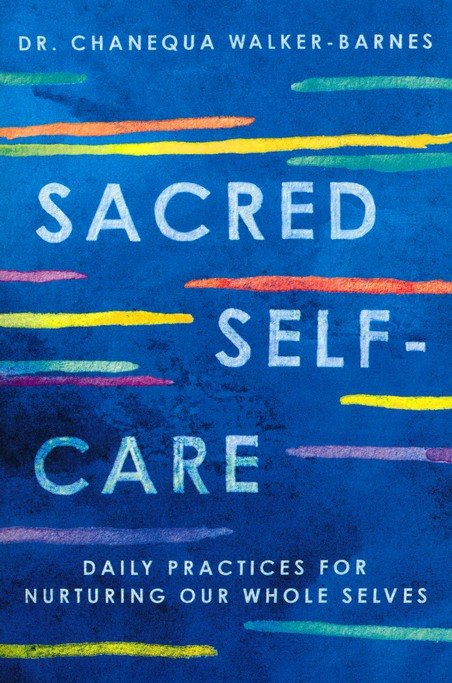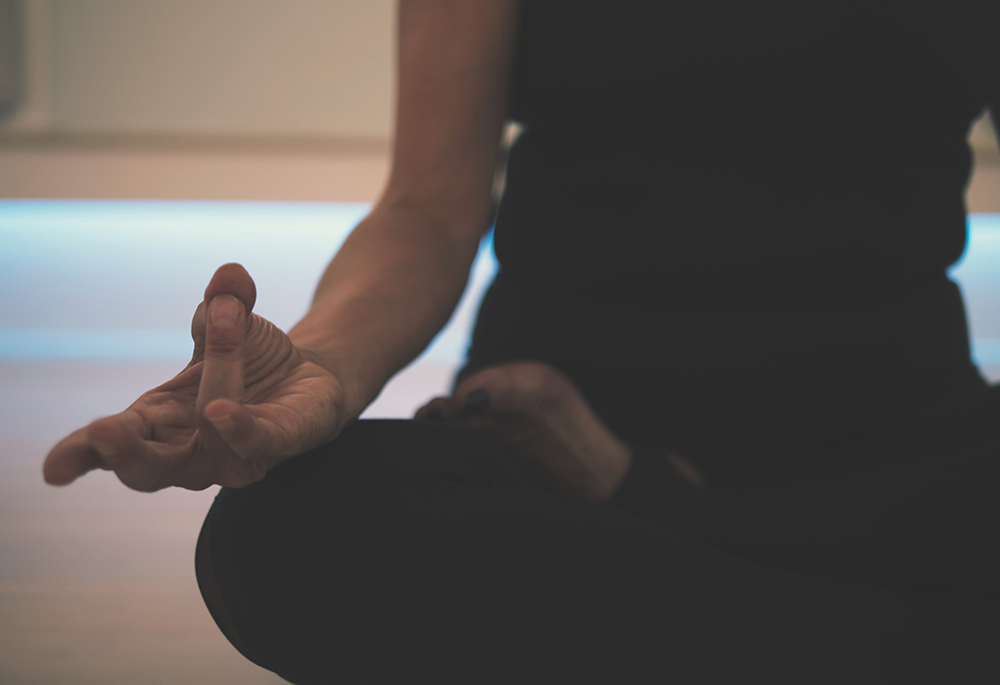
(Unsplash/William Farlow)
As an African American woman and two-time breast cancer survivor working and writing in the early post-pandemic years of Covid-19, Chanequa Walker-Barnes wrote Sacred Self-Care: Daily Practices for Nurturing Our Whole Selves with the intention of establishing practices that foster a spirit of rest to usher her into a life of resurrection at a time she needed it most. Walker-Branes now offers these practices as a devotional to all those in need of the same.
In her opening remarks of the book, Walker-Barnes introduces self-care as a "way of life" rather than an occasional practice, an idea that came to her in the early months of 2021 as she contemplated what she would give up as a spiritual practice for Lent. It was then that she realized just how much had already been given up in the past year — the community and affection of our friends and family, meaningful work, routine, and personal flourishing, and even the lives of loved ones to whom we couldn't say goodbye and properly grieve.

For Walker-Barnes, “It was a season when taking on nourishing practices felt so much more urgent than the act of giving up." Through following this prompting, she learned that self-care is a spiritual practice that strengthens one's capacity to serve God in all seasons of life. In light of this revelation, Sacred Self-Care was written as a seven-week daily devotional that engages Walker-Barnes' development of a self-care practice that orients itself around a deeper understanding and nurturing of ourselves as persons created in the image and likeness of God. Each week builds on the last, covering an array of themes from Christian discipleship and stewardship to personal awareness and responsibility to establishing boundaries and healthy habits to love and relationality.
In an age where self-care is in vogue and corporations are endlessly finding new ways to cash in on its concept, Walker-Barnes explains that "the idea that self-care is dependent upon a product — or even upon money — is a misperception, and a dangerous one at that. Developing sustainable self-care practices requires knowing what self-care is and how it connects to Christian discipleship." Moving away from its normative standard, Walker-Barnes identifies "self-care" as a practice that must be grounded in a theological reflection of our divine creation. She says:
Our self — the body-mind-spirit that makes up who we are and that shapes our experiences of the world — is God's first and best gift to each one of us. How we care for ourselves is our response of gratitude for that gift.
Being made in the image and likeness of God, we are sacred persons and, as such, we are the embodied expressions of gift. This understanding of personhood, which is central to Walker-Barnes' analysis and invitation to care for ourselves, is not selfish or indulging. Rather, it is both a response and resistance to the areas in our lives we have experienced self-neglect, trauma, and pain. It is the first step to healing and the self-discovery process to wholeness.

(Unsplash/JD Mason)
At its core, Walker-Barnes describes self-care as attending to our body's daily needs. However, before we can ever respond to these needs, a mastery of attentive listening to and awareness of our own body is imperative. From the basic necessities of food and water to the more personalized essentials of exercise and meditation, Walker-Barnes explains that there is a wide spectrum of what each unique body might require as pathways to rest, restoration and rejuvenation — and that it is only once these are reached that we can begin making the daily practice of self-care a new life ritual.
What Walker-Barnes makes evident in the latter half of her book is that caring for ourselves leads to a greater sense of self, and a greater sense of self leads to a greater sense of how we relate to others. When we begin to see ourselves how God sees us, know ourselves how God knows us, love ourselves how God loves us, by extension, that perception sheds light on and corrects other areas and relationships in our lives too. As co-creators with God (1 Corinthians 3:9), it is entirely in our jurisdiction to create boundaries, honor our limits, and acknowledge our emotions. It is in doing so that we honor the gift of our selves more wholeheartedly by growing in our capacity to give of ourselves more fully, as has been done for us.
Advertisement
Sacred Self-Care is funny, witty, and relatable. Walker-Barnes is practical in her approach to self-care practices and the theological reflections that guide them, making for an equally inspiring and empowering read. Alongside these reflections are varying key passages from Scripture that accompany them, thorough analyses of important Christian themes, and guiding practices to adopt in our waking lives.
While the book's approach to self-care may feel unconventional to the spiritual practice of some Catholics, it serves as a good reminder that while suffering in this life is inevitable, the Lord still desires to give us life and in abundance. We may not always be able to control what that looks like, but we can certainly play our part in learning how to respond to such seasons well.







